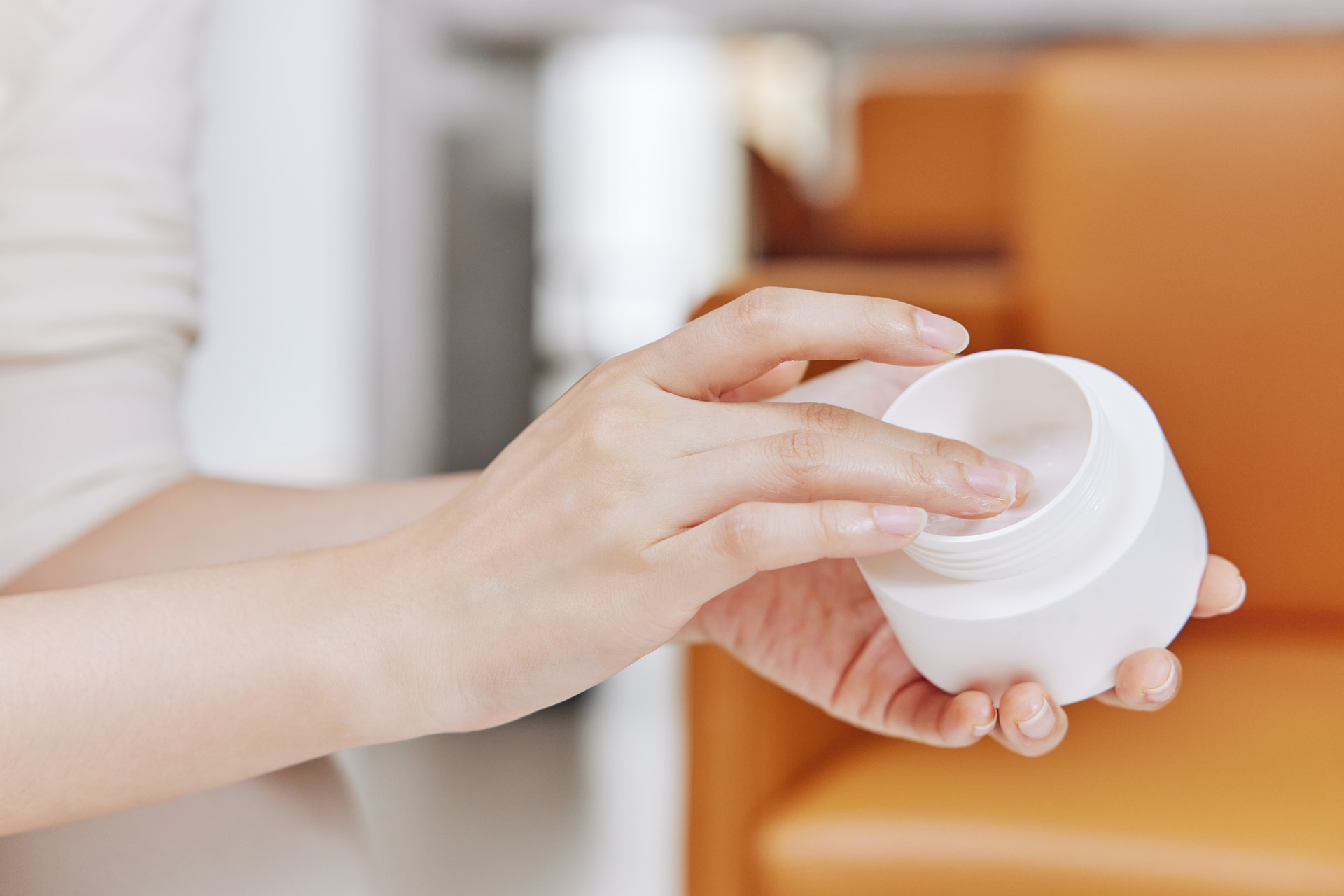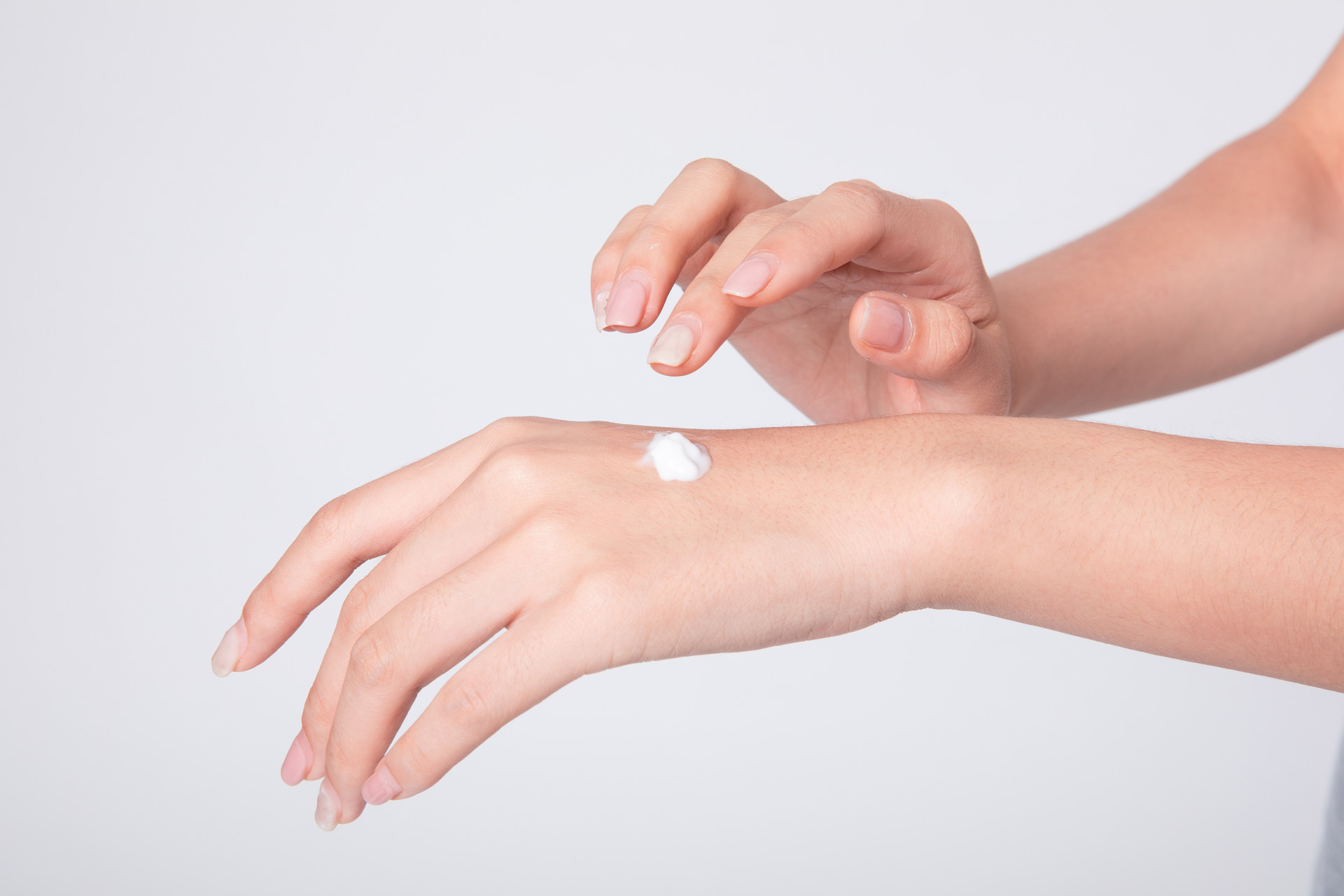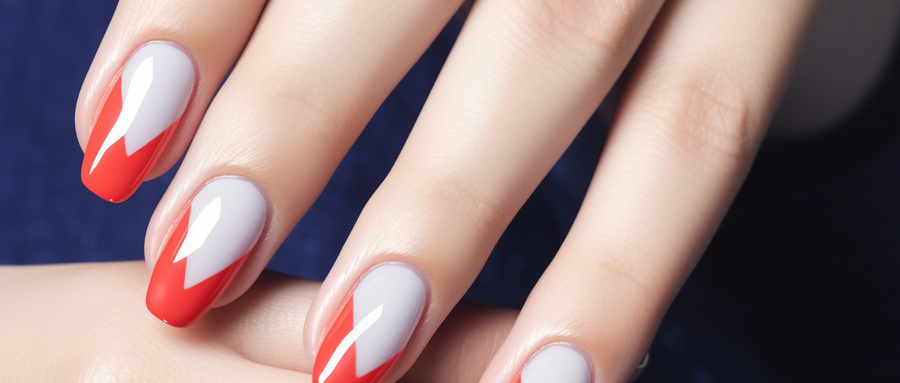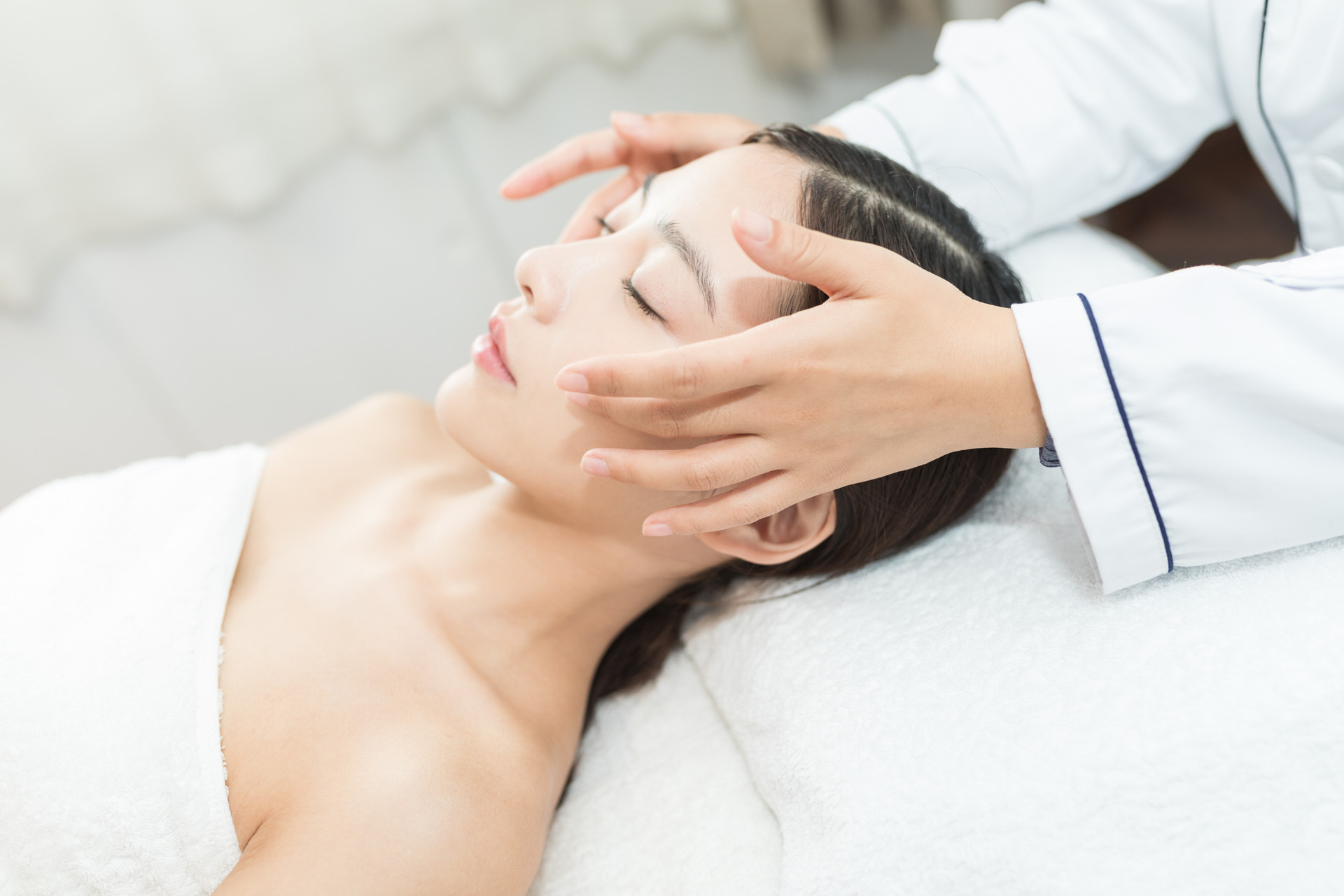Some small eye care measures can be a bit dangerous, did you know? You diligently apply eye cream and massage your eyes, hoping to make them bright and vibrant. You stick on false eyelashes, aiming for long and curled lashes. You apply eyeliner and mascara, extending the charm of a captivating blink. You may even get eyeliner or eyebrow tattoos, becoming an artificially beautiful and expressive woman. However, these eye care measures can potentially result in inadequate eye care and excessive harm.
Be cautious of excessive bacteria in cosmetics
Ophthalmologists believe that some eye care practices, such as makeup application and eye cream usage, can lead to contamination of cosmetics and skincare products. This can allow excessive bacteria to invade the eyes, causing inflammation or ulcers in the cornea and conjunctiva.
Ophthalmologists point out that these eye care practices typically directly affect the conjunctiva, and in rare cases, can also affect the cornea, leading to keratitis, which can further evolve into corneal ulcers and potentially corneal perforation.
If only the conjunctiva is affected, common reactions include redness, congestion, and increased eye secretions. Symptoms gradually diminish after medication or a couple of days. However, if the cornea is affected, even if inflammation does not occur, it can easily result in corneal opacity or the formation of white spots after recovery. Therefore, the best preventive measure is to avoid buying inferior cosmetics without a reliable source.
Avoid massaging after traumatic eye cosmetic procedures
If you have tattooed eyeliner, it can harm the skin on the eyelid and cause temporary conjunctivitis. Within 3-5 days after the procedure, one must be cautious about secondary infections and use antibiotic eye drops locally. If there is severe swelling early on, oral antibiotics may also be necessary.
Speaking of the popular laser eye surgery, it is also a traumatic eye cosmetic procedure. Since the cornea is thinned during surgery, post-operative massage is not suitable.
It's not just laser eye surgery; traumatic surgeries such as glaucoma, cataract, and corneal transplantation also do not allow for post-operative massage. Even when applying eye cream, one must be careful not to exert pressure. Eye exercises should also be avoided within the first six months to one year after surgery, as they can cause pressure on the eyeball and lead to consequences such as changes in angles, compression of the wound, and hindered healing.









